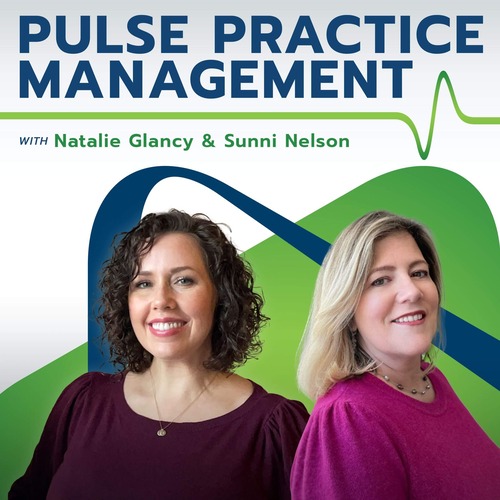- Billing for unnecessary services
- Over-diagnosing
- Billing for services not rendered
- Report the matter to the chief financial officer
- If you believe that a fraudulent scheme may be taking place, contact The National Health Care Anti-Fraud Association (NHCAA)
- If you believe the physician is involved, contact your state’s medical board to file a report

